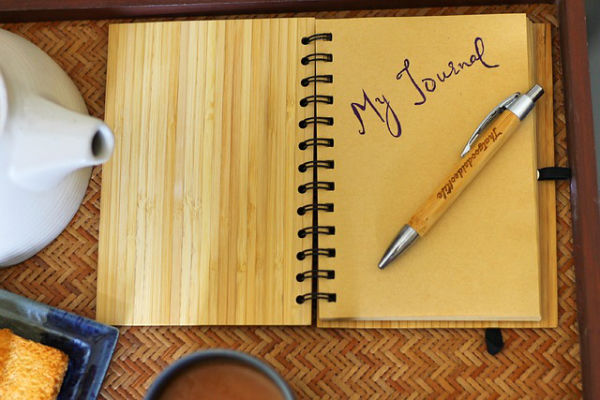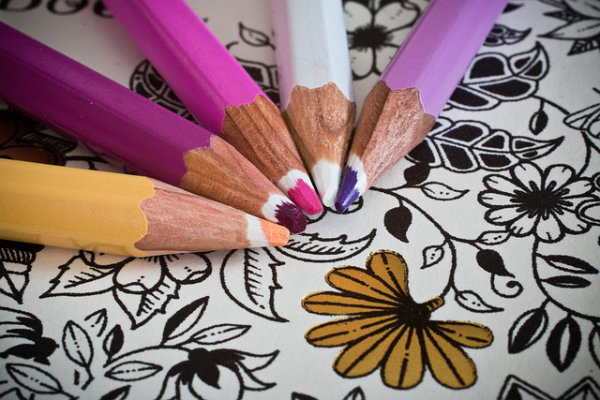How to Start Journaling: Tips for Beginners to Build a Lasting Habit
Starting a journaling habit is one of the best ways to promote mindfulness, boost creativity, and cultivate a deeper understanding of yourself. But, like any new habit, it can feel daunting at first. The good news? Journaling doesn’t have to be complicated or time-consuming! Here’s a beginner-friendly guide to help you get started and build a lasting habit that fits seamlessly into your life.

1. Choose a Journal That Speaks to You
Your journal is a personal space, so choose one that you’ll look forward to opening. Whether it’s a beautiful leather-bound book, a simple notebook, or even a digital app, find a format that resonates with you. The more you enjoy your journal, the more likely you’ll be to use it regularly.
2. Start Small and Set Realistic Goals
When you’re beginning, aim to write a few sentences each day rather than diving into long, detailed entries. This can make the process feel more achievable. Consistency is key, so even a small effort counts. You might start with five minutes a day and build from there as journaling becomes more comfortable.
3. Experiment with Different Types of Journaling
Not all journaling has to be a stream of consciousness. Explore different approaches to see what fits best for you:
- Gratitude Journaling: Write down a few things you’re grateful for each day.
- Mindfulness Journaling: Describe your day or a specific moment with sensory details to help you stay present.
- Prompt-Based Journaling: Use prompts to guide your thoughts (e.g., “What is something I learned today?”).
- List-Making: Create lists of things you love, goals, favorite memories, or dreams for the future.
4. Don’t Worry About Perfection
Journaling is your safe space—there’s no need for perfect grammar, spelling, or beautiful handwriting. Allow yourself to write freely, knowing that this is just for you. Releasing the need to make your entries “good” or polished can help you tap into your authentic thoughts and feelings.
5. Experiment with Timing
Try different times of day to see when journaling feels most natural. Many people like journaling in the morning to set intentions for the day, while others prefer journaling at night to reflect on what happened. Find a rhythm that feels comfortable for you and works with your daily routine.
6. Use Journaling Prompts When You’re Stuck
It’s normal to feel stuck or unsure what to write at times. Using prompts can help overcome this hurdle by giving you a starting point. Prompts like “What’s something I’m looking forward to?” or “How am I feeling right now, and why?” are simple ways to kick off your entry.
7. Celebrate Progress and Make It Enjoyable
Building a habit takes time, so celebrate any progress you make, even if it’s small. Reward yourself by making your journaling time enjoyable: light a candle, play calming music, or make it part of your morning coffee or tea routine. Creating a positive experience around journaling will help you look forward to it each day.
8. Allow Flexibility
Some days will feel easier to write than others, and that’s okay. The goal is to build a habit that enhances your life, not to add stress. If you miss a day or don’t feel inspired, let it go. The important part is to keep coming back and making journaling a regular part of your routine.
Journaling is an incredibly flexible practice, so remember that there’s no “right” or “wrong” way to do it. Start small, stay consistent, and let your journaling journey unfold naturally. As you continue, you’ll discover that this simple habit can lead to profound insights, improved well-being, and a deeper connection to yourself.
Ready to begin? Check out our collection of printable journal prompts and coloring journaling pages designed to inspire and guide your practice!






